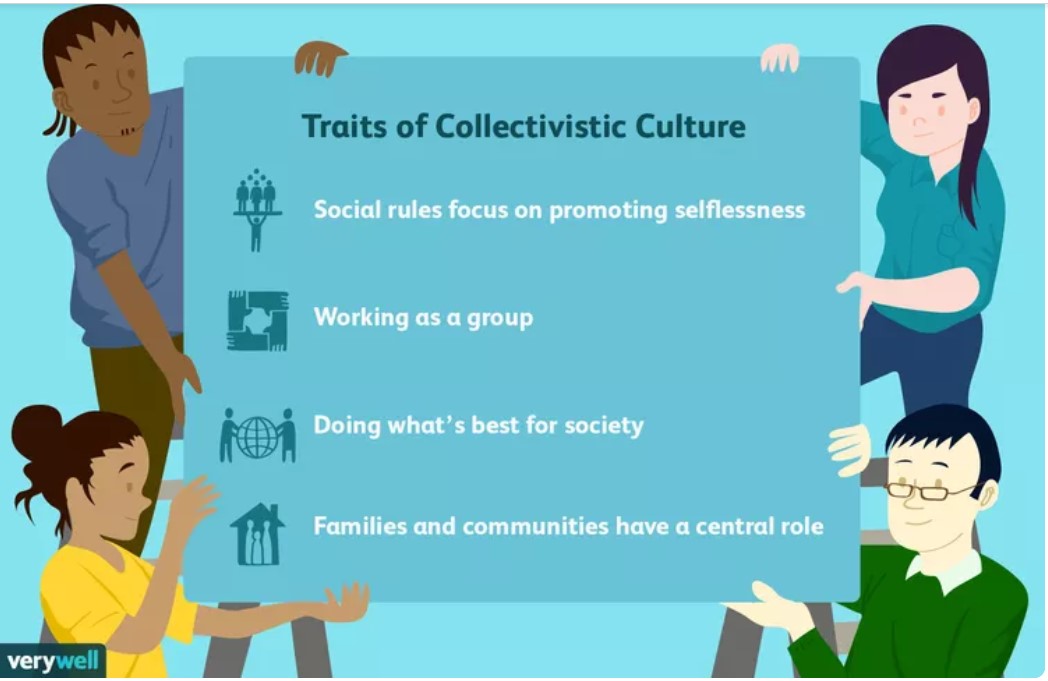Printed by Politico
Here are your Lobbying Disclosure Act revenue rankings for the first quarter of 2023.
Brownstein Hyatt Farber Schreck: $15.8 million (versus $15.6 million in Q4 2022 and $15.4 million in Q1 2022)
Akin Gump Strauss Hauer & Feld: $13.4 million (versus $14.1 million in Q4 2022 and $13 million in Q1 2022)
Holland & Knight: $10.8 million (versus $11.1 million in Q4 2022 and $10.1 million in Q1 2022)
BGR Group: $10.2 million (versus $10.1 million in Q4 2022 and $9.6 million in Q1 2022)
Cornerstone Government Affairs: $9.8 million (versus $9.5 million in Q4 2022 and $9.2 million in Q1 2022)
Invariant: $9.7 million (versus $9.9 million in Q4 2022 and $9.2 million in Q1 2022)
Thorn Run Partners: $6.5 million (versus $6.7 million in Q4 2022 and $6.4 million in Q1 2022)
Capitol Counsel: $6.3 million (versus $6.5 million in Q4 2022 and $6 million in Q1 2022)
Mehlman Consulting: $6.3 million (versus $6.4 million in Q4 2022 and $6.4 million in Q1 2022)
Forbes Tate Partners: $6.1 million (versus $6.2 million in Q4 2022 and $6.1 million in Q1 2022)
Squire Patton Boggs: $6 million (versus $6.1 million in Q4 2022 and $7.2 million in Q1 2022)
Crossroads Strategies: $5.9 million (versus $6 million in Q4 2022 and $5.8 million in Q1 2022)
Tiber Creek Group: $5.8 million (versus $6.3 million in Q4 2022 and $6.3 million in Q1 2022)
K&L Gates: $5.5 million (versus $5.3 million in Q4 2022 and $5.2 million in Q1 2022)
Cassidy & Associates: $5.4 million (versus $5.6 million in Q4 2022 and $5.5 million in Q1 2022)
Subject Matter: $4.8 million (versus $4.8 million in Q4 2022 and $4.9 million in Q1 2022)
Van Scoyoc Associates: $4.8 million (versus $6 million in Q4 2022 and $4.5 million in Q1 2022)
Alpine Group: $4.6 million (versus $4.7 million in Q4 2022 and $4.2 million in Q1 2022)
Ballard Partners: $4.5 million (versus $4.3 million in Q4 2022 and $4.4 million in Q1 2022)
Monument Advocacy: $3.9 million (versus $3.6 million in Q4 2022 and $3.3 million in Q1 2022)
OTHER NOTABLE FIRMS:
— Fierce Government Relations: $3.2 million (versus $3.2 million in Q4 2022 and $3.2 million in Q1 2022)
— Venable: $3 million (versus $2.9 million in Q4 2022 and $2.4 million in Q1 2022)
— Kountoupes Denham Carr & Reid: $2.9 million (versus $3 million in Q4 2022 and $2,820,000 million in Q1 2022)
— Venn Strategies: $2.8 million (versus $2.6 million in Q4 2022 and $2.8 million in Q1 2022)
— Vogel Group: $2.6 million (versus $2.7 million in Q4 2022 and $2.2 million in Q1 2022)
— Miller Strategies: $2.9 million* (versus $2.5 million* in Q4 2022 and $2 million* in Q1 2022)
*Estimated based on Senate disclosure filings. All other numbers have been verified by the firms.
TOP SPENDERS:
Chamber of Commerce of the U.S.A.: $18.7 million (versus $21 million in Q4 2022 and $18.7 million in Q1 2022)
National Association Of Realtors: $13.3 million (versus $25.3 million in Q4 2022 and $12.1 million in Q1 2022)
Pharmaceutical Research And Manufacturers Of America: $8 million (versus $6.6 million in Q4 2022 and $8.1 million in Q1 2022)
CVS Health (and subsidiaries): $7 million (versus $3.8 million in Q4 2022 and $3.7million in Q1 2022)
American Medical Association: $6.7 million (versus $5.1 million in Q4 2022 and $6.5 million in Q1 2022)
American Hospital Association: $5.6 million (versus $7 million in Q4 2022 and $5.4 million in Q1 2022)
The Cigna Group and subsidiaries (formerly Cigna Corporation and subsidiaries): $5.2 million (versus $1 million in Q4 2022 and $3.6 million in Q1 2022)
General Motors Company: $5.1 million (versus $1.8 million in Q4 2022 and $4.7 million in Q1 2022)
The Business Roundtable, Inc.: $4.8 million (versus $5.3 million in Q4 2022 and $4.8 million in Q1 2022)
America’s Health Insurance Plans, Inc. (AHIP): $4.7 million (versus $2.5 million in Q4 2022 and $4.7 million in Q1 2022)
Amazon.Com Services LLC: $4.6 million (versus $4.8 million in Q4 2022 and $5 million in Q1 2022)
Pfizer Inc.: $4.6 million (versus $3.1 million in Q4 2022 and $3.8 million in Q1 2022)
Meta Platforms, Inc. and various subsidiaries: $4.6 million (versus $3.7 million in Q4 2022 and $5.4 million in Q1 2022)
CTIA-The Wireless Association: $4.5 million (versus $4.5 million in Q4 2022 and $3.7 million in Q1 2022)
Northrop Grumman Corporation: $4.3 million (versus $2.1 million in Q4 2022 and $4.4 million in Q1 2022)
AARP: $3.9 million (versus $4.2 million in Q4 2022 and $3.5 million in Q1 2022)
Boeing Company: $3.8 million (versus $4 million in Q4 2022 and $2.7 million in Q1 2022)
UPS (United Parcel Service): $3.7 million (versus $1.4 million in Q4 2022 and $4.3 million in Q1 2022)
Edison Electric Institute: $3.6 million (versus $2 million in Q4 2022 and $2.8 million in Q1 2022)
Elevance Health, Inc.: $3.6 million (versus $1.3 million in Q4 2022 and $2.1million in Q1 2022)
BIGGEST CONTRACTS:
Brownstein Hyatt Farber Schreck: Johnson & Johnson Services, Inc. ($1.4 million)
Tributary LLP: HR Policy Association ($990,000)
Covington & Burling: Qualcomm Incorporated ($790,000)
Akin Gump Strauss Hauer & Feld: Gila River Indian Community ($760,000)
Akin Gump Strauss Hauer & Feld: Partnership to Address Global Emissions, Inc. ($640,000)
Ballard Partners: Renewable Energy Aggregators, Inc. ($630,000)
Squire Patton Boggs: Wau Holland Stiftung ($600,000)
Sidley Austin: Illumina, Inc. ($550,000)
Covington & Burling: Apple Inc. ($540,000)
Arnold & Porter Kaye Scholer: Pharmaceutical Research and Manufacturers of America (PhRMA) ($410,000)
What plutocracy?
Ancient Mariner




